The views expressed in our content reflect individual perspectives and do not represent the authoritative views of the Baha'i Faith.
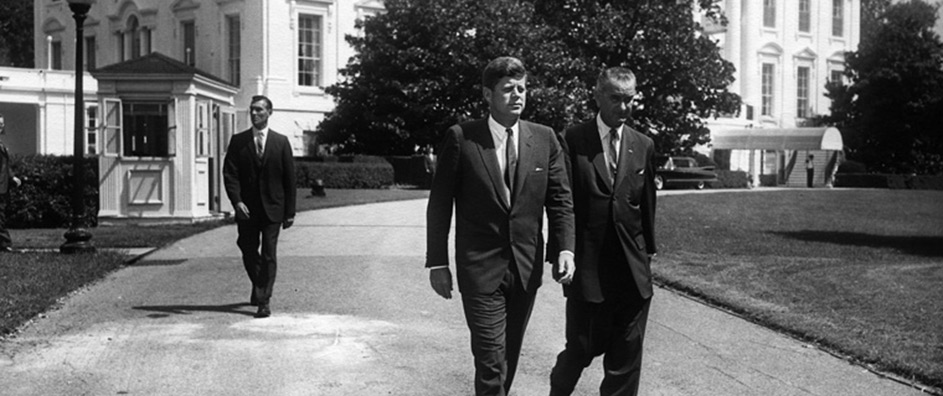 This month marks the fiftieth anniversary of the slaying of the 35th president of the United States, John Fitzgerald Kennedy.
This month marks the fiftieth anniversary of the slaying of the 35th president of the United States, John Fitzgerald Kennedy.
In the years following President Kennedy’s assassination, unnumbered books and films have reviewed the tragic events while speculating on whether the assassin Lee Harvey Oswald acted alone. So much attention has been devoted to JFK that many Americans remain fascinated with the shocking events of that autumn day on 22 November 1963, as the motorcade carried the President, his wife Jacqueline and Texas governor John Connolly toward the triple underpass where the assassin waited in the Texas School Book Depository building overlooking Dealey Plaza below.
Had Kennedy lived he would likely have served two terms as President of the American Republic. Apart from the youth and charisma of JFK, his wife and their two small children, historians say his popularity might have diminished as the war in Vietnam heated up – even though some evidence exists that just prior to his assassination, he began issuing orders for troop reductions in Vietnam. But as a martyred president, JFK lives forever in the minds and hearts of succeeding generations, forever young and beloved. The events of that day stir our consciousness and compel an occasional backward glance at a Camelot cut tragically short. Even more importantly, though, they require us to remember Kennedy not just as a president, but as a peacemaker.
On the day of JFK’s murder, a good friend and I had just settled in for lunch at a local restaurant when a waitress approached us tearfully. Barely able to give voice to her agitated state, we were stunned by her news that both the president and governor had been shot. Unable to continue our lunch, we joined others riveted to radio and television broadcasts all that afternoon and in the days ahead. The tragedy had united the country, and it watched unbelievably as the news media showed the grieving widow, the swearing in of vice president Johnson, the funeral procession, John Junior saluting his father’s casket, the murder of Lee Harvey Oswald, and the crowds of onlookers pouring out their heart-wrenching grief.
During JFK’s brief presidency, the world very nearly experienced nuclear holocaust over the Cuban Missile Crisis. The crisis had its beginnings when the United States set up secret nuclear weapons bases in Turkey, close to the Soviet border. The Russians under Nikita Khrushchev responded by establishing bases in Fidel Castro’s Cuba, where they set up missiles capable of striking America. As tensions increased over how to best confront Khrushchev and the Soviets, many ‘hawks’ in Kennedy’s administration put forth compelling arguments in favor of bombing Soviet Russia. Indeed, aircraft armed with nuclear bombs were already airborne and headed for Russia. Kennedy kept his own counsel, however; and thanks to his caution and the back-channel peace talks he initiated with Khrushchev, likely averted single-handedly a nuclear war. For this act mankind can be eternally grateful.
Today most of the figures that held the reins of power, authority and the fate of humankind in their hands in 1963 have passed from this world. And while statesmen have appeared in the ensuing years who have helped to prevent crises from becoming catastrophes, old attitudes still exacerbate global animosities that fail to address critical problems tearing apart the delicate fabric of mankind’s disordered life on the planet.
In 1985 the supreme governing body of the Baha’is – the Universal House of Justice – addressed world leaders on this subject:
Disunity is a danger that the nations and peoples of the earth can no longer endure; the consequences are too terrible to contemplate, too obvious to require any demonstration. … Whether peace is to be reached only after unimaginable horrors precipitated by humanity’s stubborn clinging to old patterns of behaviour, or is to be embraced now by an act of consultative will, is the choice before all who inhabit the earth. – The Universal House of Justice, The Promise of World Peace, p. 13.
Elucidating this act of consultative will, they cite Baha’u’llah:
Consultation bestows greater awareness and transmutes conjecture into certitude. It is a shining light which, in a dark world, leads the way and guides. For everything there is and will continue to be a station of perfection and maturity. The maturity of the gift of understanding is made manifest through consultation. – The Promise of World Peace p. 12.
Then the Universal House of Justice concludes with this thought-provoking statement:
The very attempt to achieve peace through the consultative action he (Baha’u’llah) proposed can release such a salutary spirit among the peoples of the earth that no power could resist the final, triumphal outcome. – The Promise of World Peace p. 12.
In the 50 years since his death more than 150 million Americans have visited JFK’s gravesite. As we commemorate the anniversary of JFK’s untimely passing, perhaps we can best pay tribute to his memory by standing up for the brotherhood of humanity; something that he courageously stood up for by avoiding confrontation, reaching out to the Soviet leader and advocating a peaceful resolution.


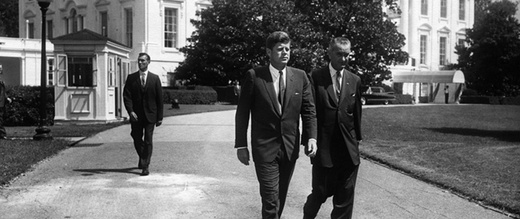

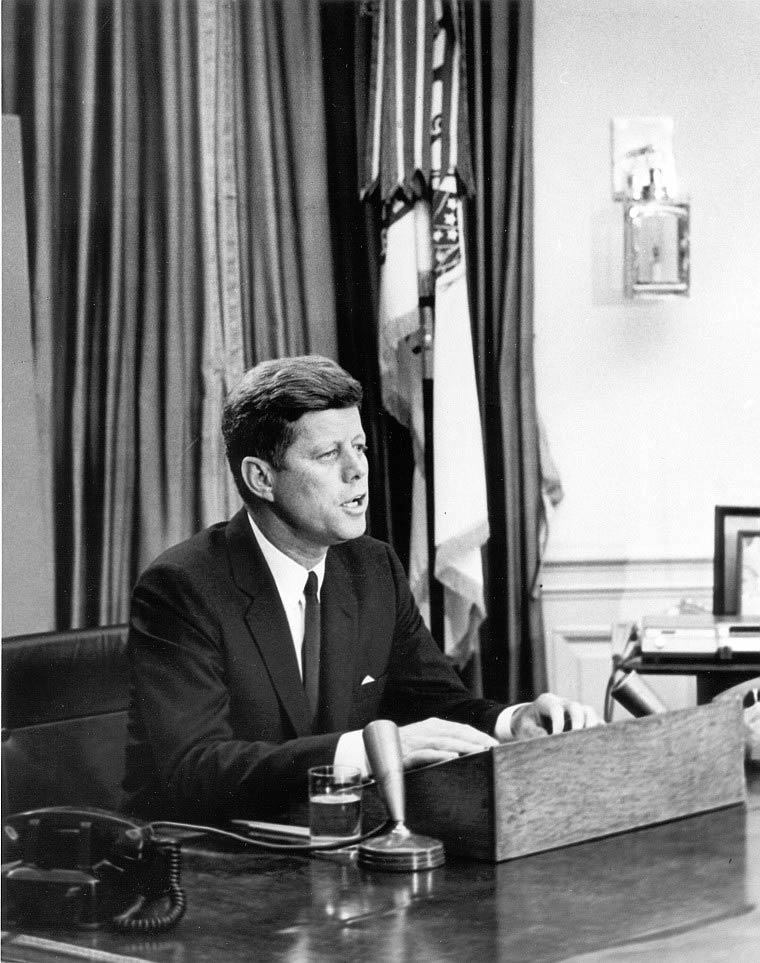
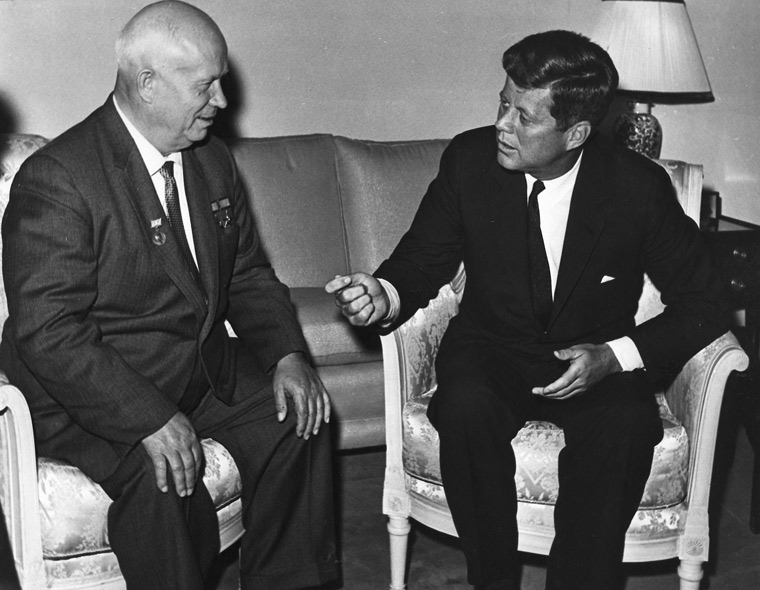

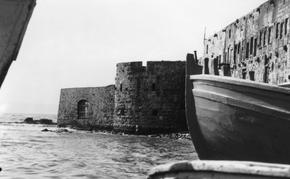
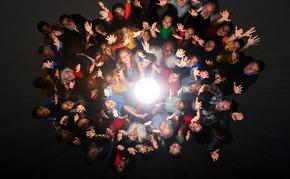
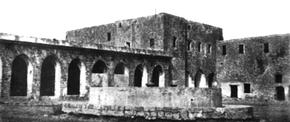









Comments
Sign in or create an account
Continue with Facebookor